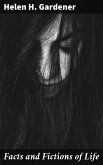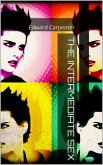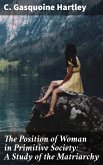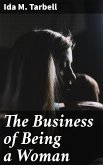An essay in defence of the female sex is an unprecedented anthology that traverses the dynamic landscape of Enlightenment-era thought, delving into themes of gender, autonomy, and the societal roles prescribed to women. This collection serves as a crucial dialogue on women's intellectual capabilities and their rightful place in the cultural and social order. The anthology intricately weaves through various literary styles, ranging from eloquent essays to impassioned treatises, each contributing to a robust discourse on the nexus of femininity and intellect. The works within challenge the seminal notions of the time with elegance and wit, with each essay standing out as a catalyst for critical reflection. The anthology brings together the pioneering voices of Mary Astell and Judith Drake, who collectively represent a vanguard in the literary and feminist renaissance of the late 17th and early 18th centuries. Their contributions, heavily informed by the burgeoning intellectual movements of their time, provide invaluable insights into gender dynamics. By aligning with Enlightenment values and questioning the status quo, they reveal a multifaceted examination of women's societal roles, one that reverberates with the urgency of empowerment and equality. Readers who engage with this collection embark on a transformative journey through historical perspectives that resonate with contemporary relevance. An essay in defence of the female sex offers not only an exploration of literary and feminist history but also a profound educational experience. This anthology invites readers to appreciate the diversity of perspectives, encouraging a reevaluation of historical narratives surrounding gender and intellect. A must-read for those interested in feminist thought, Enlightenment history, and literary criticism, this volume promises to stimulate thought and conversation among scholars and lay readers alike.
Dieser Download kann aus rechtlichen Gründen nur mit Rechnungsadresse in A, B, BG, CY, CZ, D, DK, EW, E, FIN, F, GR, H, IRL, I, LT, L, LR, M, NL, PL, P, R, S, SLO, SK ausgeliefert werden.
Hinweis: Dieser Artikel kann nur an eine deutsche Lieferadresse ausgeliefert werden.









